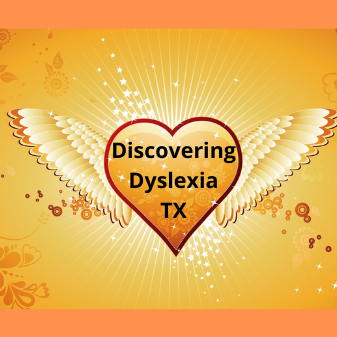Nearly 11.5 million children and adults in the US, that’s roughly 16% of the overall population, experience dyslexia, according to Dyslexia Action (2017). Globally, the number of affected people is estimated to be about 700 million. If you, or someone you love, is a dyslexic, you are in good company, along with Orlando Bloom, Whoopi Goldberg, Stephen Spielberg, Kiera Knightley, Tim Tebow, Jamie Oliver, Henry Winkler, Patrick Dempsy, Albert Einstein and 50% of NASA employees.
According to Mayo Clinic, dyslexia makes reading, language processing, decoding (identifying speech sounds and how they relate to letters and words), a real challenge for many people. Additionally, dyslexics may struggle with organizational skills, planning and prioritizing, keeping time, or concentrating with background noise. Dyslexia, which tends to run in families, occurs in people of all backgrounds and intellectual levels.
But don’t lose heart! Dyslexia has nothing to do with not working hard enough. In fact, many dyslexics are able to mask their atypical verbal processing by working harder, compensating by use of their uncanny ability to connect ideas, think creatively and in 3D, and to see the big picture. They often excel in art, music, drama, math, science, mechanics, electronics and computer skills, sales and sports.
So how to get from struggle to success? Enter Linda Whitman, Educational Consultant and Advocate. When her grandsons showed signs of dyslexia, Linda researched, resourced and recruited experts in medicine, education and law, to make sure her boys got all the help they needed to succeed in school and in life.
To the parent or grandparent who is struggling, “You have rights. You have a voice. There are people who will speak with you and for you.” – Linda Whitman
Linda observed that students with dyslexia were not well-served in most classrooms, which affected not only their ability to learn, but their desire to learn and to participate in the educational process. Without intervention by specially trained teachers, a child’s inability to comprehend what was happening in the classroom often led to social problems which included low self-esteem, anxiety, aggression, withdrawal from peers, parents and teachers. The long-term effects often resulted in limited educational, social and economic opportunities.
Linda, along with specialists, law-makers, parent-groups, and dyslexic students are fighting for the rights and opportunities of those who struggle with dyslexia. They are working hard to level the playing field for dyslexics in the Texas Public Schools, by raising awareness, advocating for laws, rulings, funding, resources and specialized training specific to the needs of dyslexics.
Linda recommends the following resources to those who want to learn more about dyslexia and to engage in the movement that is changing the landscape for those with special needs in the state of Texas:

